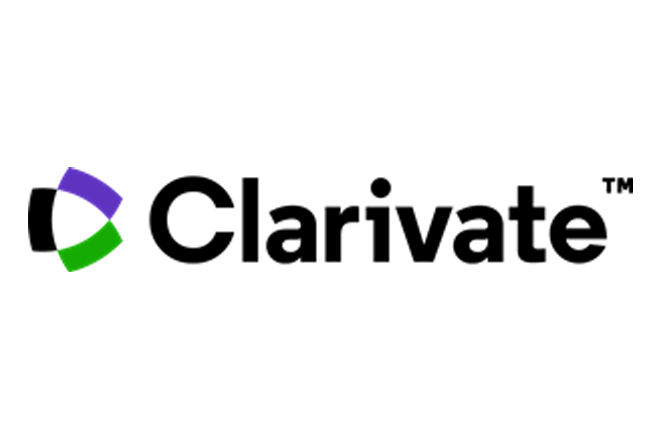Peer review with us
Becoming and being a peer reviewer is an important role to play in the scholarly landscape. Without reviewers continuing to commit time and passion to their peer review role, the integrity of research would be harder to uphold.
We recognise that life as an academic is often tough and want to support you in your journey to becoming a reviewer, or if you’re an established reviewer to lighten the load with access to tools and resources that we hope you will find helpful.
Our view
At Emerald, we believe that fair and equitable peer review, and being inclusive to everyone are important aspects of the peer review process. Find out more about our principles and access our guides to help ensure the peer review process is fair, efficient, and effective.
Embracing neurodiversity in research: how does academic publishing need to change?

Following on from a recent webinar discussing neurodiversity in research, the expert panel made many valid points, especially around the impacts of peer review on neurodiverse individuals.
We recognise that academic publishing does need to change. For too long our sector has been shrouded in unhelpful traditions and barriers to participation. It’s why we made it part of our Real Impact manifesto commitments; to develop more equitable & accessible ways to publish research.
These are just some of the main points and takeaways from the session regarding peer review and where we’re looking to make the changes needed:
- Dr. Sajid Jayadevkar highlighted that the peer review process often has a normative perspective, which can be challenging for neurodivergent researchers to navigate.
- Dr. Sajid Jayadevkar also emphasised the need to involve neurodiverse academics in the peer review process to ensure a more inclusive and understanding evaluation.
- Dr. Vicky Mountford-Brown mentioned that finding suitable peer reviewers is a difficult process, especially those who can understand and appreciate neurodivergent perspectives.
- Dr. Vicky Mountford-Brown and Dr. Kelly Forbes-Simpson discussed how feedback from peer reviewers can sometimes be brutal and discouraging, particularly for early career researchers and those with neurodivergent conditions. They called for more supportive and constructive feedback.
Celebrating the important role of reviewers in academic research
Reviewers ensure the highest integrity of scholarly work, and are passionate about their roles and research disciplines.
Find out more about the importance of reviewers in this short video.
Interested in peer reviewing?
Would you like to become a peer reviewer for one of our journals but not sure where to start? We're here to help.
Please fill in the form and one of our team will be in touch to help you find the right journal for you.



